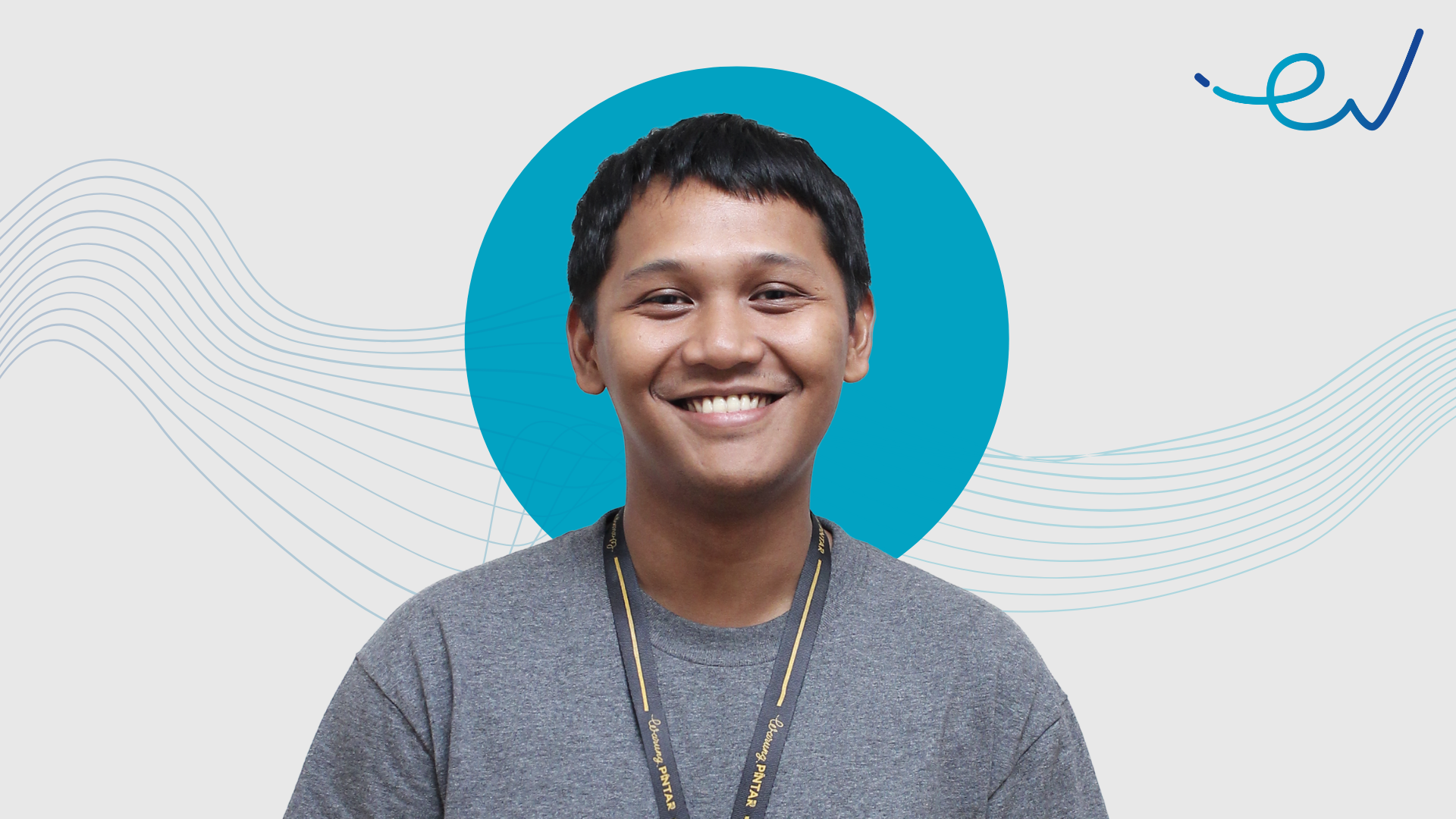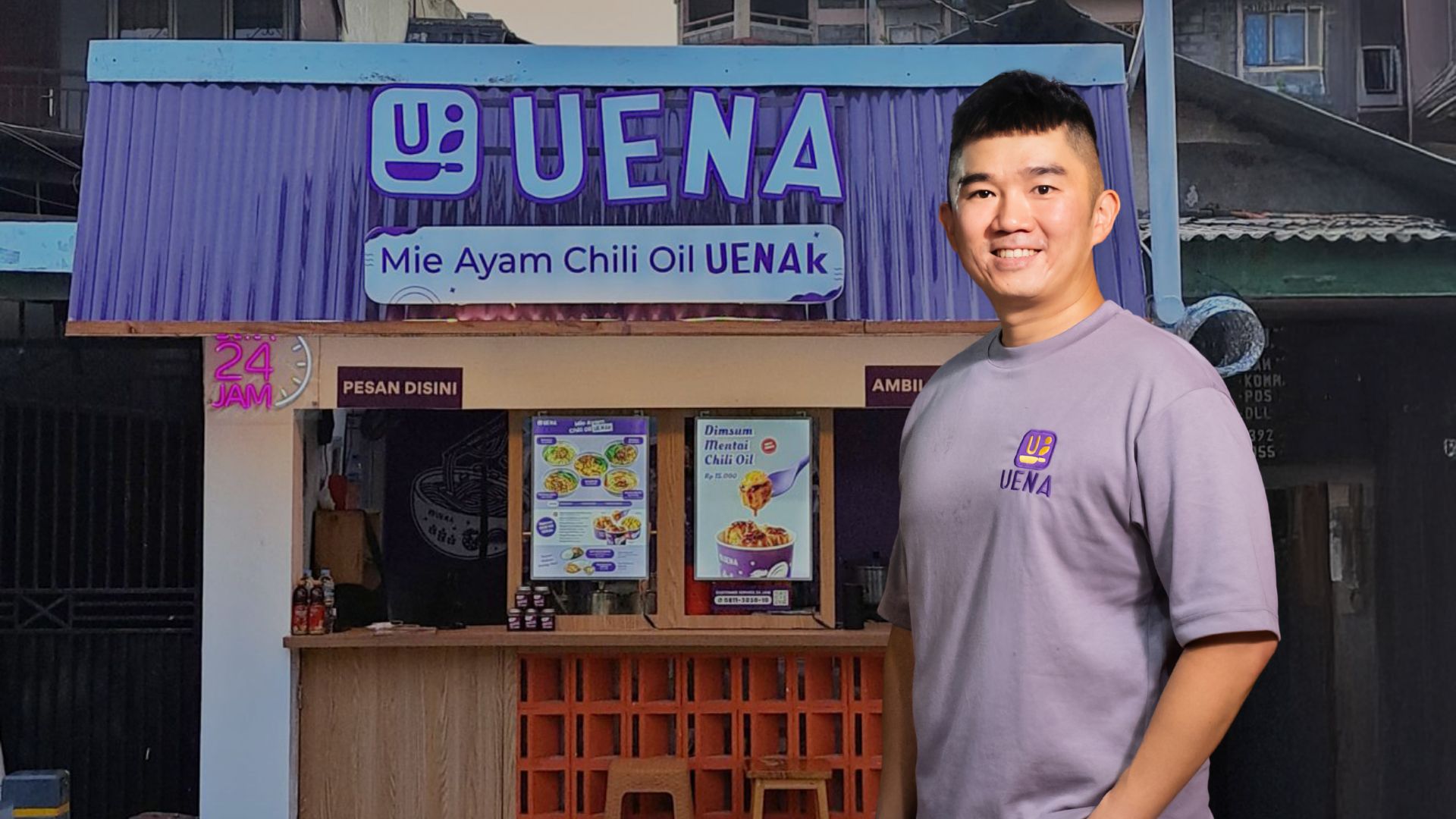From the perspective of Agung Bezharie Hadinegoro, CEO of Warung Pintar
Indonesia is estimated to be Southeast Asia’s biggest player in the digital economy. What are the challenges to encourage the reinforcement of the digital economy in Indonesia?
First is the infrastructure issue. Although infrastructure is now progressing in a positive trajectory, some blind spots remain unaddressed. The second issue is productive utilization of technology. Social media usage is already quite good, but the conversion level from usage into economic transactions is not yet sufficient. This is because most Indonesians are dependent on cash, so online payment remains an issue. Approximately 95% of transactions in Warung Pintar are cash on delivery. Lastly, the ability to create local-specific products directed to a particular market, including the business aspect and functions. Business such as Warung Pintar, for instance, is very specific for Indonesia and will be difficult to be replicated in other countries without Warung business.
How do you perceive the readiness of Indonesian talents to meet the workforce demand in the era of industry 4.0? What does the government need to prepare to further improve digital talents in Indonesia?
I think what could be done is more incentives. Honestly speaking, when it comes to Indonesian talents, we do have a lot to choose from, but unfortunately, many giant tech companies are developed outside of Indonesia. Therefore, it is not that we lack local talents, but their price is expensive. Consequently, many companies are rethinking their decisions to hire local talents. So, we believe that when the company cannot foresee the benefits of hiring Indonesian talents, they will eventually seek foreign talents to bridge the huge gap in price to value.
Since the first establishment in 2017, how has Warung Pintar developed to improve micro retail businesses (warung) through digitalization?
Speaking of gross development, we perceive it from three aspects: growth in user numbers, services, and impact. First, concerning user growth over the past four years, one in seven warung owners have been registered as our partner.
Second, about services. The services provided by Warung Pintar have expanded. Initially, our services only focused on warungs, but now we have an integrated service that connects warungs with retailers, distributors, financial institutions, and digital tools. We also connect warungs with e-commerce firms. Today, around 2,000 retailers and 6,070 distributors have joined the Warung Pintar ecosystem. We perceive it beyond user-based vertical penetration – we take the horizontal service extensions into account.
Third, we certainly hope to give greater impact beyond social. For instance, by enabling partners to master financial management, to afford national health insurance, to gain security and future plans, and to obtain financial household security.
What are the strategies or innovations that Warung Pintar makes to accelerate the integration of players needed for the business ecosystem of warungs? In general, how do government programs support?
Our strategy is to always think locally. Warung Pintar has to be established by people with a local context. We always apply a bottom-up strategy, that is to take the lowest vantage point so that we may provide assistance.
In our opinion, the government has pulled incredible efforts in the past few years, but given faster acceleration, it would stand more impactful because, like a canvas to an artist, substantial infrastructure allows people like us to create something. Without the canvas, we can do nothing.
Sustainable investments are the current crucial issue for potential investors. What is your perspective on this?
We focus more on economic inclusion, but it could also be related with environment, conflict resolution, communication and other SDGs. We are fully supportive of SDGs because Warung Pintar is a tech company that carries social impact in its DNA. Ever since its first inception, we believe that business transcends generating profit alone and it also needs to create positive impacts on the community. We want to be one of the companies that becomes a role-model for other companies, especially tech companies, in creating a positive impact.
Sustainable investment is a sound initiative which we should perform and support. It is also likely to connect sustainable investment with the capital market, to encourage social enterprises to do Initial Public Offering (IPO), so investors gain special incentives when they invest in companies undertaking sustainable programs.






